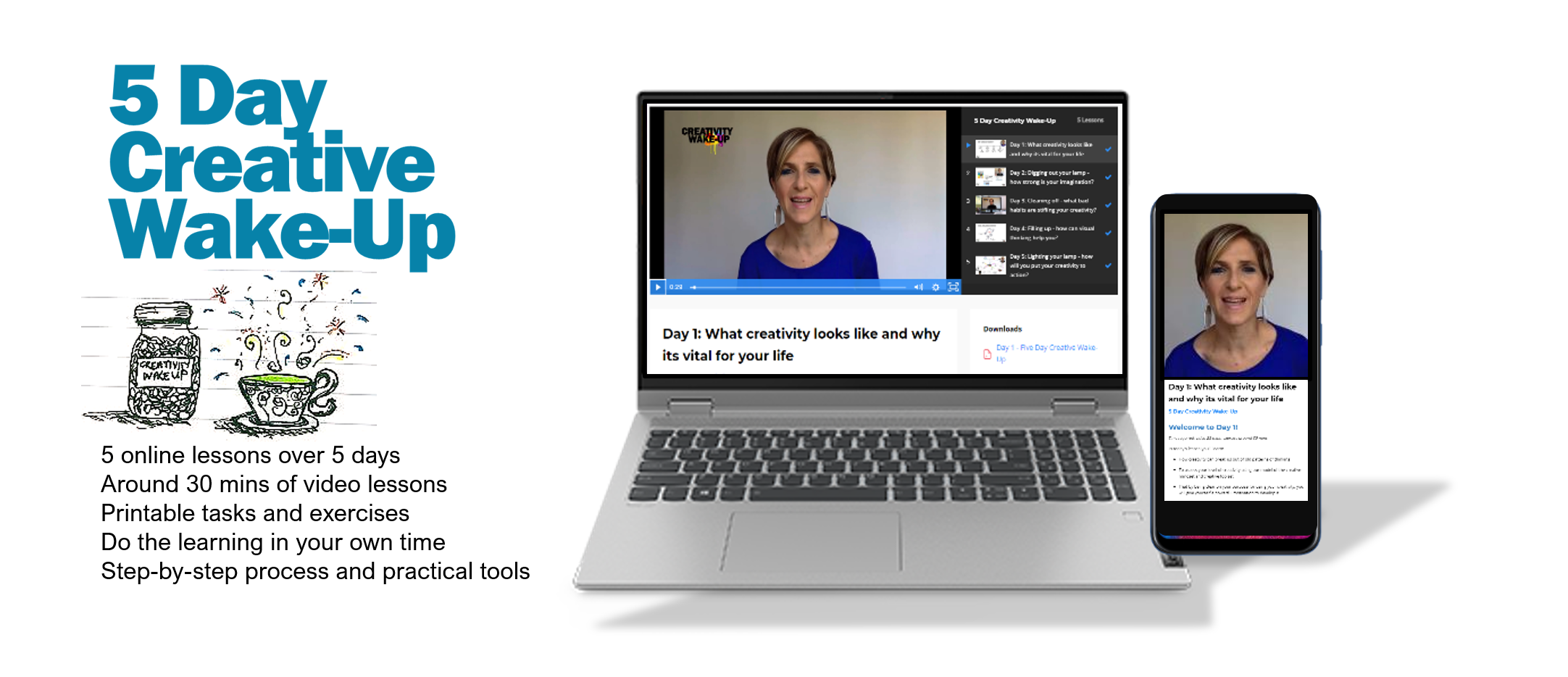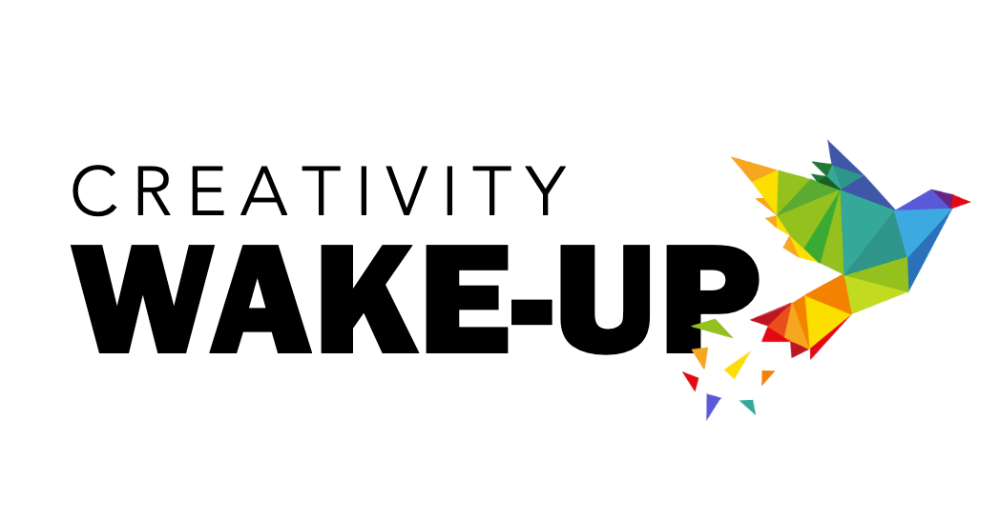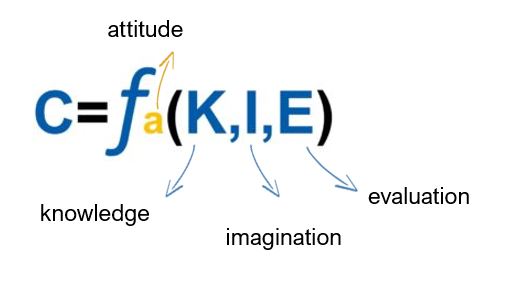Creativity in Captivity: Lessons in creativity from an Al Qaeda hostage
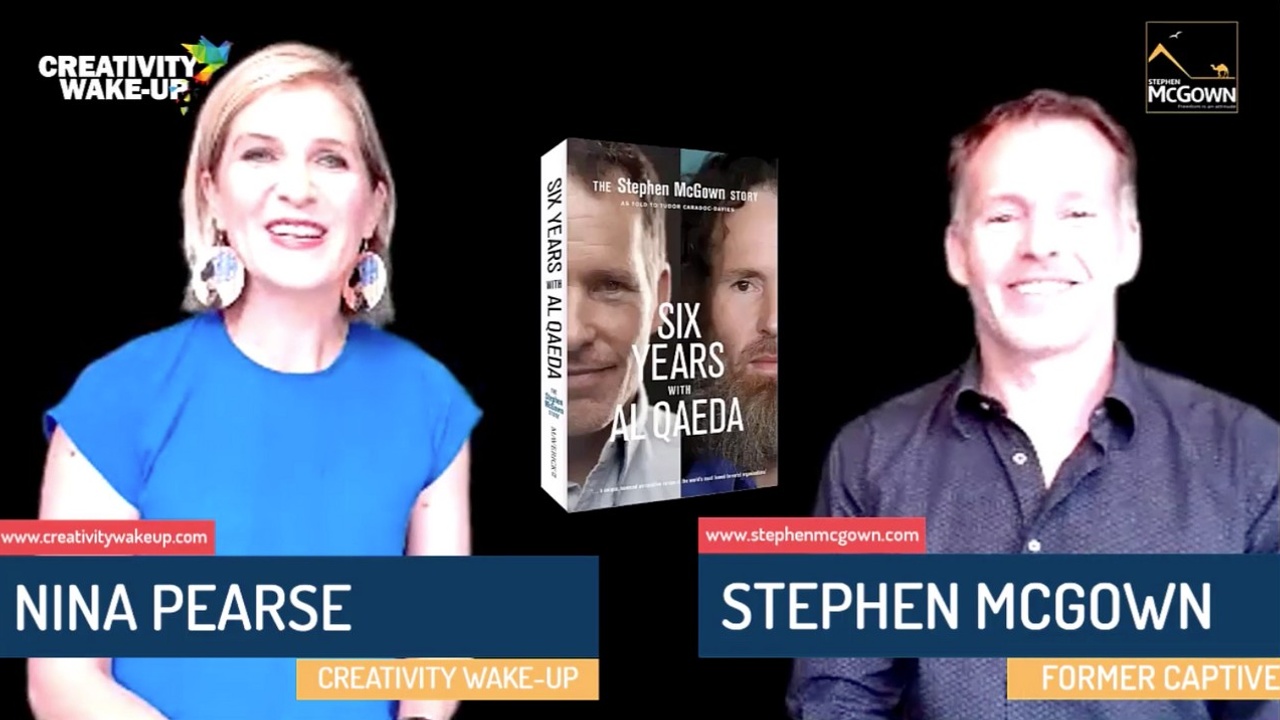
With nothing but the clothes on his back, his creativity, and a positive attitude, Stephen McGown managed to survive six years of captivity as a hostage of of Al-Qaeda in the Sahara desert.
In celebration of World Creativity & Innovation Week, we had the privilege of interviewing Stephen and finding out more about what kept him going all those years. He explained how creativity helped him to overcome the physical challenges of living in the harsh environment of the Sahara, as well as the mental challenges of living as a hostage. Here are some excerpts from our interview.
(For the full story, get your hands on Stephen's fascinating book, Six years with Al Qaeda, which can be ordered on his website.)
Taken hostage by Al-Qaeda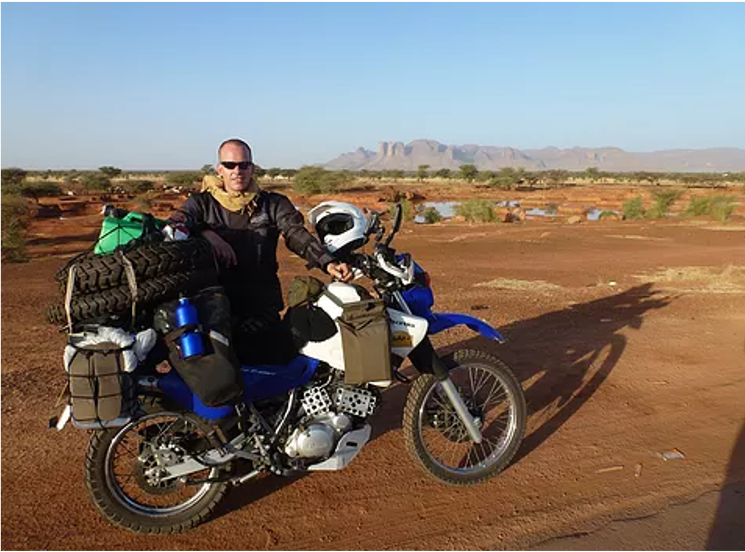
Stephen McGown shortly before being kidnapped in Timbuktu, Mali
From a young age Stephen dreamed of riding a motorcycle across Africa. Though he grew up in Johannesburg, his holidays were spent on a farm where he grew to love the outdoors, African wildlife and going on adventures by himself. After working as a banker in London for a few years, he decided not to fly straight home to South Africa with his new wife, Catherine, but to fulfil his dream and ride all the way on a motorbike.
His dream turned into a nightmare when, one dusty Friday afternoon, a few weeks into the journey, Stephen was kidnapped by Al-Qaeda militants from a hostel in Timbuktu, along with a Dutch and Swedish national. A German traveller who was with the group was shot dead during the abduction. For the next six years, Stephen was kept far from civilisation, deep in the Sahara, away from the searching eyes of French surveillance planes and drones. He was moved frequently and his captors were constantly changed, with new teams coming in from the towns to take over hostage-keeping duties.
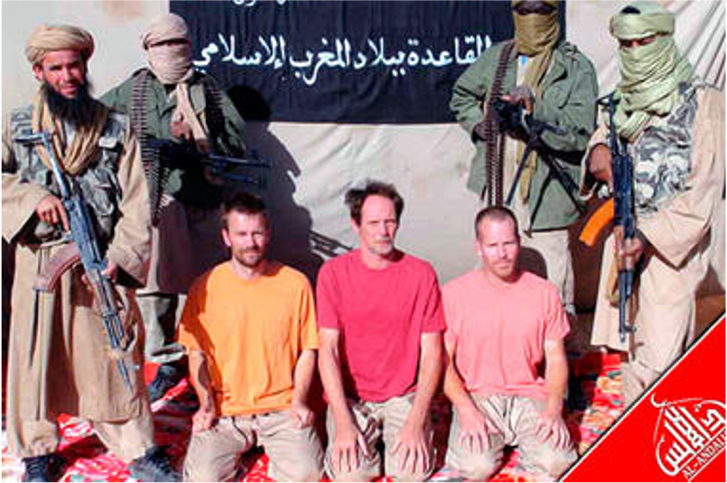
Stephen with fellow captors, Dutchman Sjaak Rijke and Swede Johan Gustafsson
Living outdoors in harsh conditions meant that he had to acquire a variety of new skills including how to protect himself from the elements as well as how to communicate across language and cultural boundaries. But most of all he learnt how to stay alive; remain positive and be present when everything was stacked against him. Uncertain as to whether he would ever be released or die in the expanse of the Sahara, he made a decision to not let his situation get the better of him. He decided to rather hold onto hope and take control of his attitude. Stephen told us,
“My time in the Sahara taught me so much about myself and what is important in life.”
1. Using creativity to survive the elements
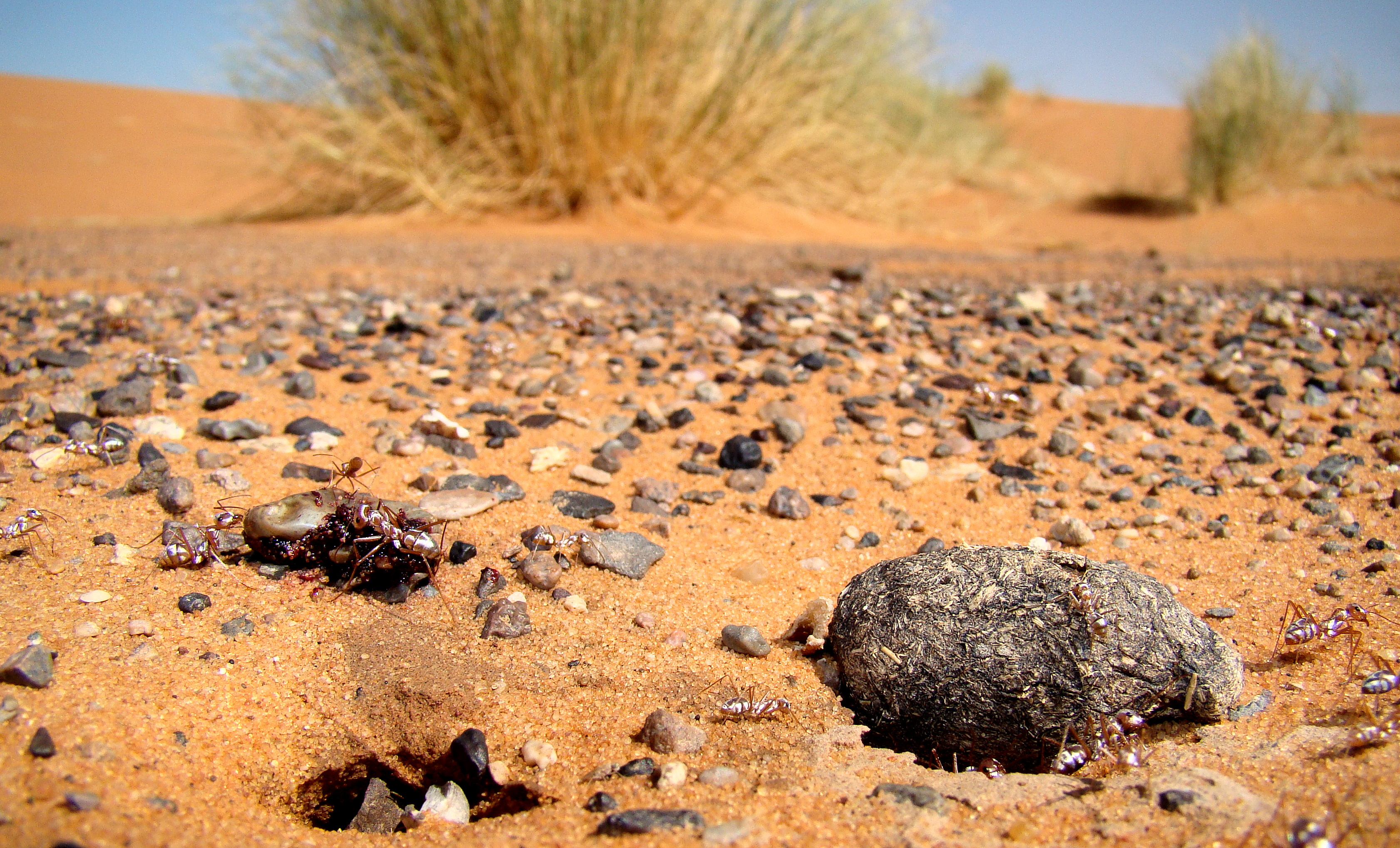
Surviving the elements was the first thing that Stephen had to get to grips with in the desert.
“In the desert, I had very few things at my disposal. I literally had the sand pit and what Al Qaeda were throwing away. I had very little to work with."
Stephen tells how at the beginning he was at the bottom of the pyramid of Maslow's Hierarchy of needs. It was about survival, shade, water and food. In the very early days, he wasn’t cognitive of how he was using creativity. It was just about living. He said:
"In trying to survive, you have to be quick, think on your toes and try to think out of the box to make the best of a situation."
The prisoners were responsible for building their own shelters in every camp. Stephen explains how his shelters started out as very basic, but then he started to get creative with them: "The first time I built a hut, it was a very practical experience. I thought, I need grass, I need sticks, let me build my hut. As things progressed, I saw that my hut was swarming with thousand flies and it was incredibly hot. I saw that the sun comes from one direction and the wind from another direction. If a sandstorm comes, I could not seal my hut from the elements. I started noticing, getting deliberately creative and experimented with orientating my hut to make use of the breezes and to protect against the sandstorms."
Once Stephen had sorted out his most basic needs, he used his creativity to make himself as comfortable possible. This is where his creative thinking led him to innovate. For example, he developed a way of keeping water cold and was so successful at this that his water was sought after by his captors. He would wrap a scarf and hessian sacking around a water bottle, and wet the sacking at night. Then the cool night breezes would cool it down. "Hot water doesn’t quench your thirst, but cold water does. I became the go-to guy for cold water. Because I was the prisoner, Al Qaeda kept drinking my water. It drove me mad!"
From comfort to fun, Stephen's creative curiosity helped to keep him occupied and mentally stimulated. He told us: "One thing that helped me was my inquisitive attitude. Life can become pretty mundane if one doesn’t try and step out of a box and try make something fun. That’s certainly what I tried to do in the desert. I tried to create a kite, for example. I had all sorts of crazy projects. Another one was my attempt at making a small windmill to pump water. It was during Ramadan when it was very hot and I wanted to make a sprinkler system inside my hut to spray water on me. I never completed it as I was missing a small ball bearing. I could only work with what I had.”
2. Using creativity to engage with his captors

"One of the best ways not to be killed was to get along with Al Qaeda and to connect with them."
Stephen quickly realised that one of the best ways to survive is to liked. "If somebody likes you, they are less likely to harm you." Right from the early days, he tried to understand his captors, what they wanted to do with him and what their daily routine was. Once he managed to make sense of his situation, whether he would or would not be killed, he then tried to start making a life.
"I realised that one of the best ways not to be killed was to get along with Al Qaeda and to connect with them. They spoke Arabic, very few spoke English. I slowly started to learn Arabic, first by drawing pictures of animals in the sand and asking Al Qaeda what they were. To expand my vocabulary, I would look for rubbish, like medicine pamphlets. Sometimes these were translated and I could make out some of the words. I came across a Samsung phone manual in Arabic. At another camp, I found a manual for the same phone in English, then I had two books in parallel and I could try and figure out some words. It was a slow, long, tedious process that required a lot of work, without a shadow of a doubt.”
Stephen’s experience of learning Arabic, like so many creative pursuits, required extreme patience and endurance. Creativity takes perseverance. We often can only move forward with frustratingly small steps. This is something that I often struggle with. I want to get the results quickly and get discouraged or impatient when I don't see progress.
3. Drawing creative inspiration nature
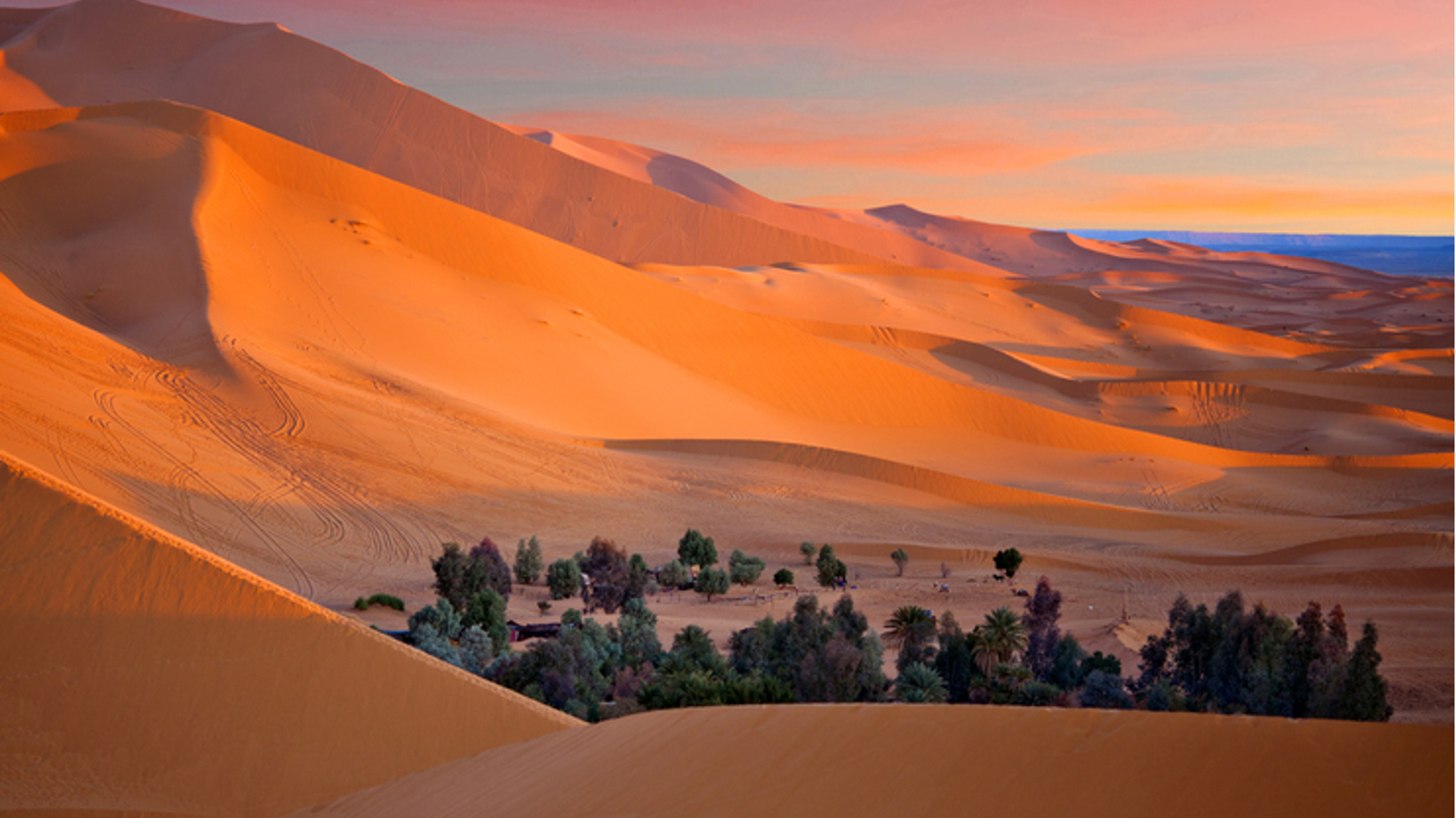
Mental deterioration is a big threat to hostages, especially when they are kept in captivity for a long time. We can all suffer from despair and lose our mental strength when we go through adversity. We asked Stephen how he kept up his spirits during his captivity.
“There is perfection in nature. I got a lot of mental and emotional support just by looking at what was going on around me. There were times when I was feeling captive. Beside physically being in the Sahara, which was its own jail, I felt mentally and emotionally captive. There was a tight routine in the desert. For a mental holiday, I tried to break into a bit of creativity to try and think past my binds, to try and think beyond what I was experiencing. Nature was an amazing aid in that. I would watch the animals going about their business in the Sahara. I saw wolves, honey badgers, I watched the migration of the swallows backwards and forwards. I would watch mice and birds come and go from my hut."
Stephen was an animal lover and an outdoors-type before he was captured. Thankfully, he tapped into this, and took inspiration from his surroundings in the desert. "In the winters, the skies were beautiful. The stars were incredible. One night, in winter, I counted 42 shooting stars. I was 40 years old at that stage. I decided that if I could count up to 40 stars, that will be a good luck omen. I got up to 42."
"It was easy to fall into a bad mental space in the desert. Creativity allowed me to stay imaginative. It was important to play the long game, to know where I wanted to be, and then to try and structure my life from there forward.”
Stephen’s experience of drawing from nature is one that we can all learn from. When we talk to people in cities who are trying to connect with their creativity, we often talk about what we can learn from nature, about being still and the creative abundance around us.
The importance of attitude in creativity
Dr Ruth Noller's formula for creativity, State University of New York
The interview with Stephen made me think of the formula for creativity designed by Dr Ruth Noller. Noller says that creativity is a function of three things: knowledge, imagination and evaluation. All of these are multiplied by our attitude. Stephen certainly used his knowledge, imagination and careful evaluation of the situation, but what was absolutely key was his attitude. This attitude of perseverance, of just keeping at it, of trying, not giving up and not despairing even in such a tough situation, is such an encouragement to me. Many of us are facing tough situations with what we are going through in the pandemic. We can certainly take a leaf out of Stephen’s book about seeing possibility and maintaining a positive attitude.
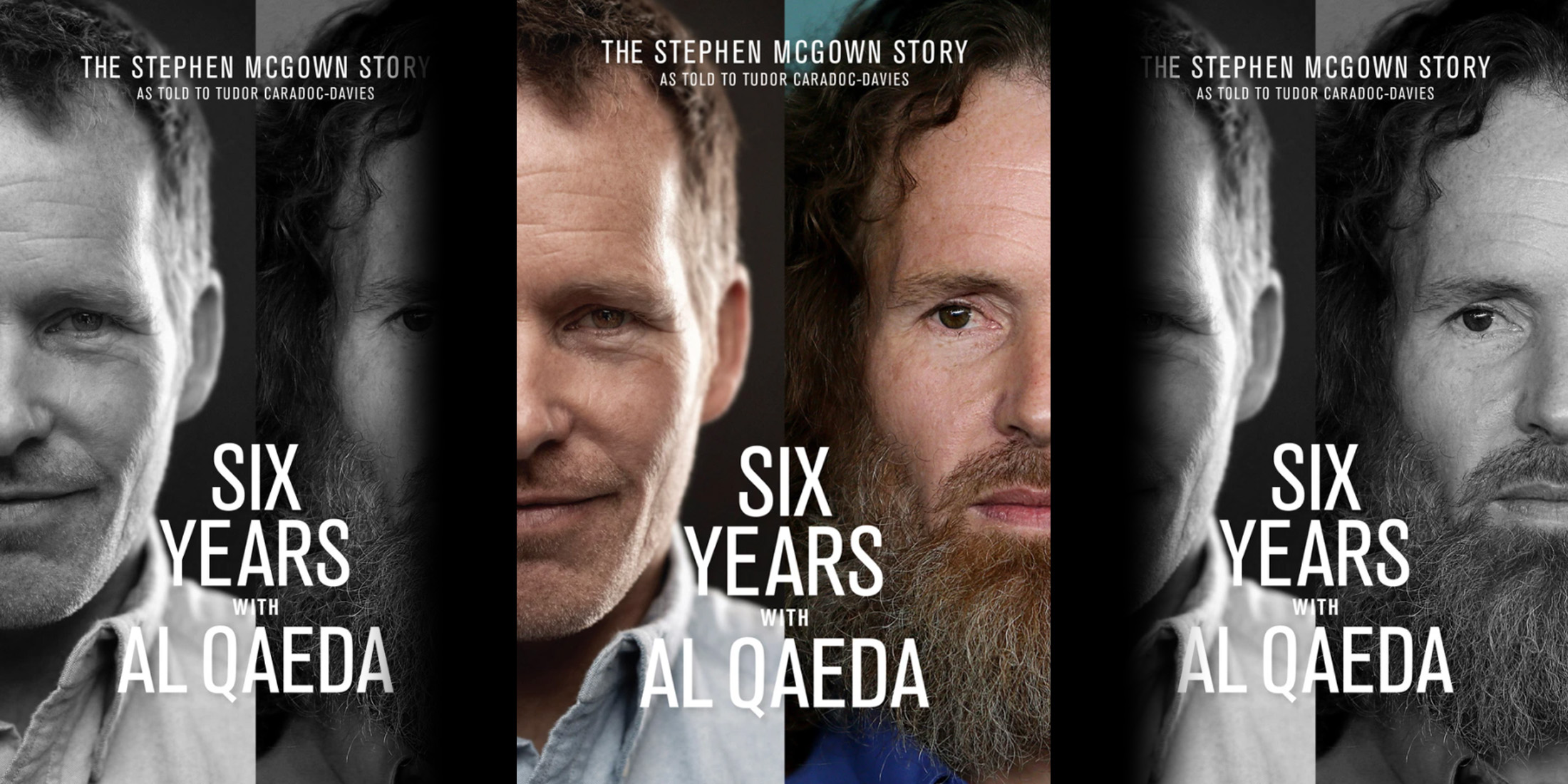
To find out more about Steve’s fascinating story you can buy his book from stephenmcgown.com. You can also book him there to speak at your event.
If you’re inspired to take your creativity to the next level, sign up now for our 5 Day Creative Wake-Up course. Get in touch if you’re interested in training for your team or creativity coaching for yourself.
